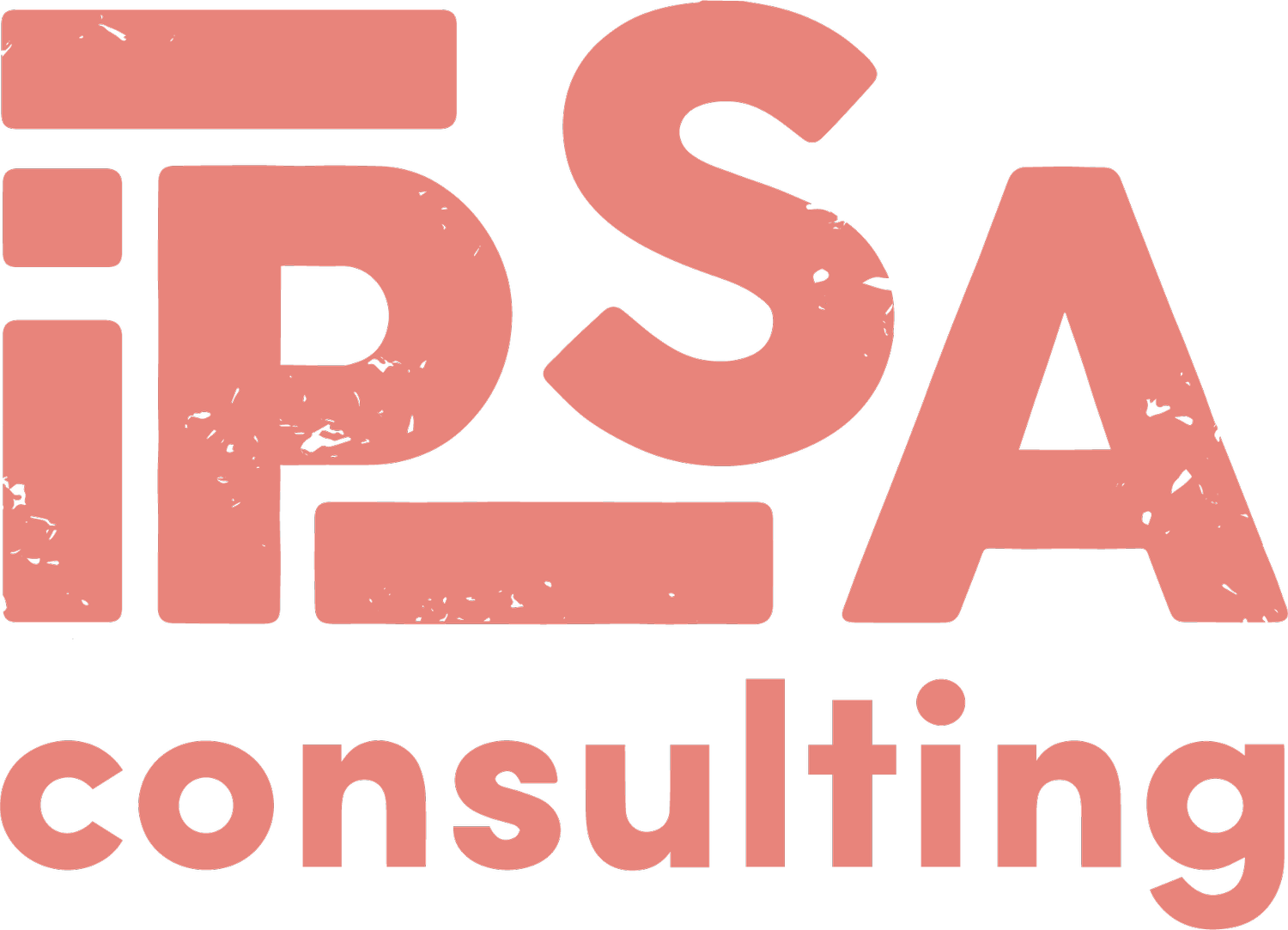Sustainability Vs. Greenwashing in Businesses
There are many schools of thought around business sustainability and the ethics of ‘becoming’ a sustainable organisation. This article explores multiple perspectives on whether businesses can change to become sustainable and takes a deep-dive into a trend called ‘greenwashing’.
I recently ran a survey asking a group of professionals if they thought businesses had to start-up with a solid sustainable foundation, or whether, with the right leadership, they can change. The answer was resoundingly pragmatic – 100% of the respondents voted that they believe existing businesses can change.
My curiosity was piqued when I noticed various commentators from the eco-world vehemently disagreeing that businesses can change, citing reasons of legitimacy and ‘greenwashing’ being seen as morally wrong. Their perspective is that the damage is already done to our planet and its inhabitants and no amount of ‘greenwashing’ can bring that back. Through the lens of activism, it must be tricky to empathise with the likes of transnational corporates that have traditionally maximised profits through exploitation of resources – deepening inequalities and polluting our planet. Whilst I understand this perspective, and emotionally I would agree. Logic prevails – surely any positive change is good? Even massive corporate organisations need to start somewhere, incrementally, this change will compound to noticeable effect.
What is ‘greenwashing’?
‘Greenwashing’ is a form of mimicry, a pretentious copy-cat marketing exercise that creates an external image of sustainability that cannot be backed-up with data, results or impact. It is where sustainability is seen as a trend and not as core strategy. This perspective is around ‘legitimacy’ of the claims made.
In recent decades, the prevalence of sustainable business practices is fast becoming the normal operating standard. Those organisations who choose to ignore their planetary impact are already lagging behind the curve of change. I’m sure there is an exception to businesses who are ‘faking it ‘til they make it’ – making all the right noises whilst they squirrel away internally making positive changes. However, its imperative that you can prove the sustainability claims you’re making – else you’ll be found out and that will erode trust of your brand.
How can you become sustainable?
A sustainable business, is one that only uses resources that are absolutely necessary. It doesn’t needlessly or over-produce. It functions within the limits of the planet’s regenerative capabilities. This change starts from the inside out – first, the central leadership team must agree that sustainable development is the right thing to do. It’s not a quick-win – it takes time (lots of time…) and significant investment. Change at global scale requires those in positions of power, business leaders and decision makers to make personal sacrifices (for example: awarding lower bonuses, portion of salary and dividends reinvested into the change).
Why is sustainable development so important right now?
World leading economist and Executive Chairman of the World Economic Forum, Klaus Schwab, explains that the advancement of sustainable development is a key part of the Forth Industrial Revolution – our current economic models are consuming too many of earth’s resources to keep pace with growth in population.
In order for any organisation to thrive, they must learn, adapt and innovate their way forward.
The G7, United Nations and other multilateral organisations agree that sustainability is the way forward. Looking at the bigger picture – it’s about the ensuring the survival of humanity within the means of our planet. By the end of the current century, predictions show that our global population will be around 10 billion. That’s almost another 50% on top of where we are now – and we’re already collectively depleting Earth’s annual resources by July each year, meaning that by 2100 we’ll have twice the population and half the available resources…
Some transnational corporations are larger than whole countries – their combined global impact is equivalent to an entire continent. These companies aren’t going away so surely its better that they adapt, incrementally, than continue to reap damage?
So, how do you become a more sustainable business?
1. Ensure your sustainable change initiative is deeply embedded within the leadership team (and its governance), vision for the business and most importantly, your core values. Your core values are the anchor from which all sustainable operations can flow.
2. All stakeholders must buy-in to the vision. Employees, financing institutions, shareholders, customers, partner organisations etc. Any changes to business model or operations must start with a collective agreement that it is the ‘right’ thing to do. It needs to be a ‘no brainer’ business case.
3. The business model must become regenerative where possible, designs out waste and/or minimises negative impact to our planet. This requires significant amounts of data, analysis and continuous adapting. The long-term benefit to the organisation here is increasing efficiency, creating records of improvement and clear pathways to success that can be shared with other organisations.
4. Commit to goals. These are your aims for a certain time period. They can change over time based on your data. They will never be ‘complete’ – this is an iterative, evolving process, not a tick-box exercise.
5. Look to use external auditors and certifications – do you know every inch of your supply chain? Is there benefit to your brand in converting to B-Corp certification?
6. Develop systems and processes to collect, record and communicate your impact. Users are becoming savvy around what is legitimate and what is sustainability hyperbole. Back up all claims with facts, research and clear.
7. Are there external opportunities for making a positive impact? Can you give-back to communities from whom you are taking resource or knowledge?
Cath Harris is Lead Consultant and Managing Director at Ipsa Consulting, a specialist firm in impact-led businesses and charitable organisations.
